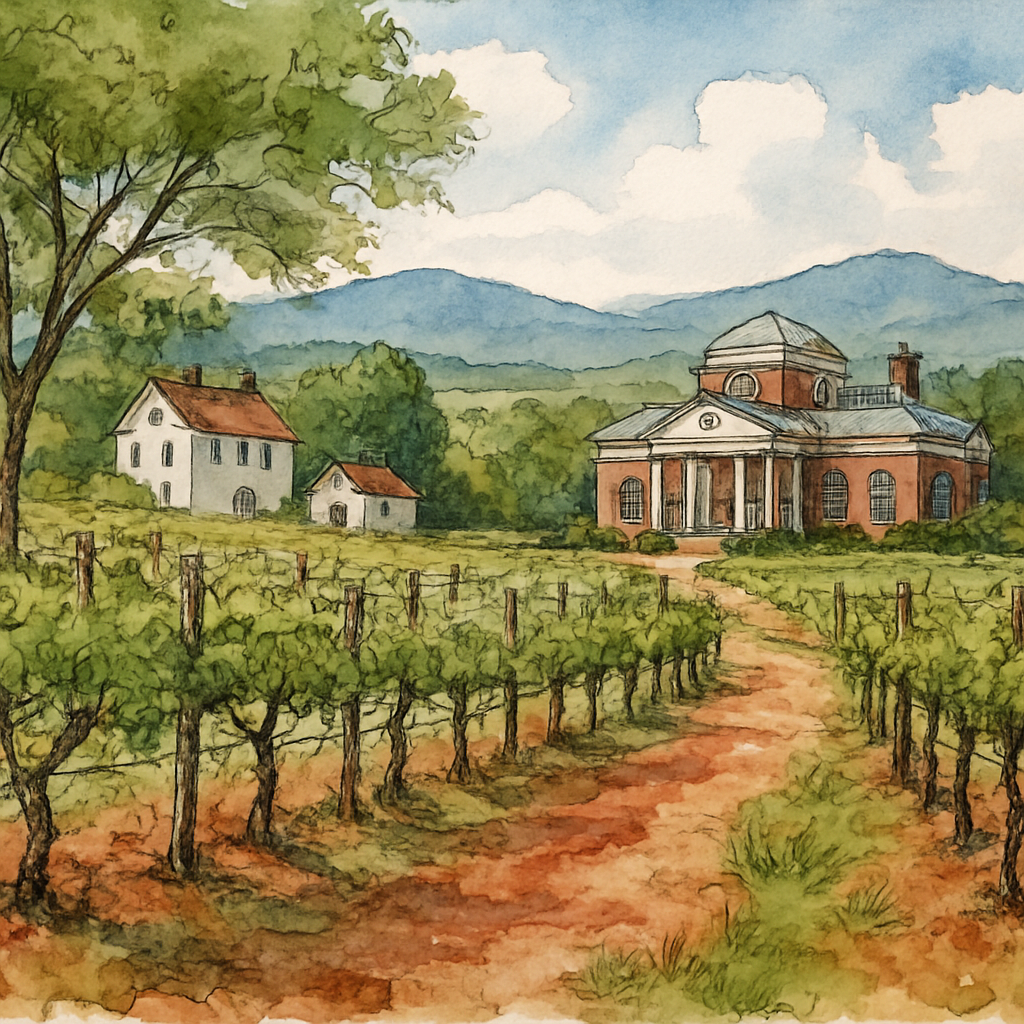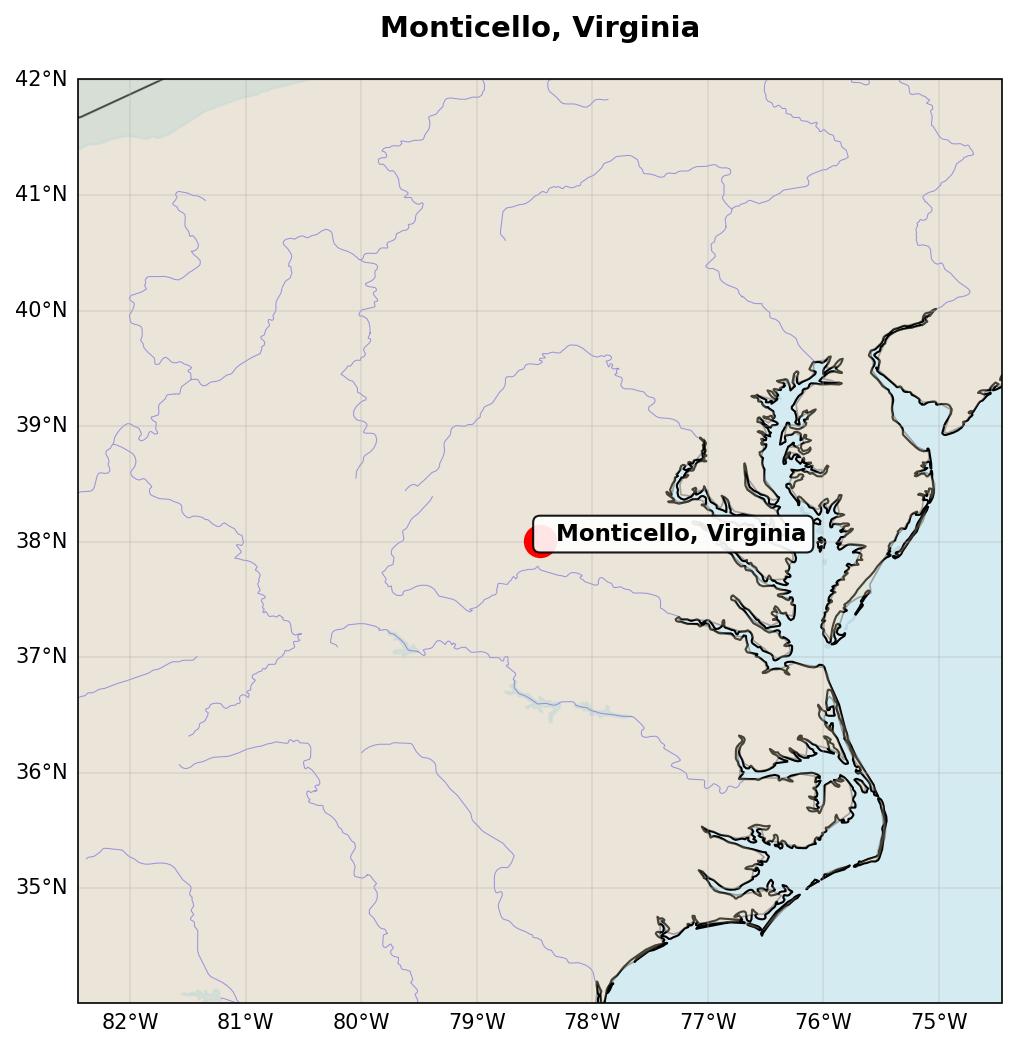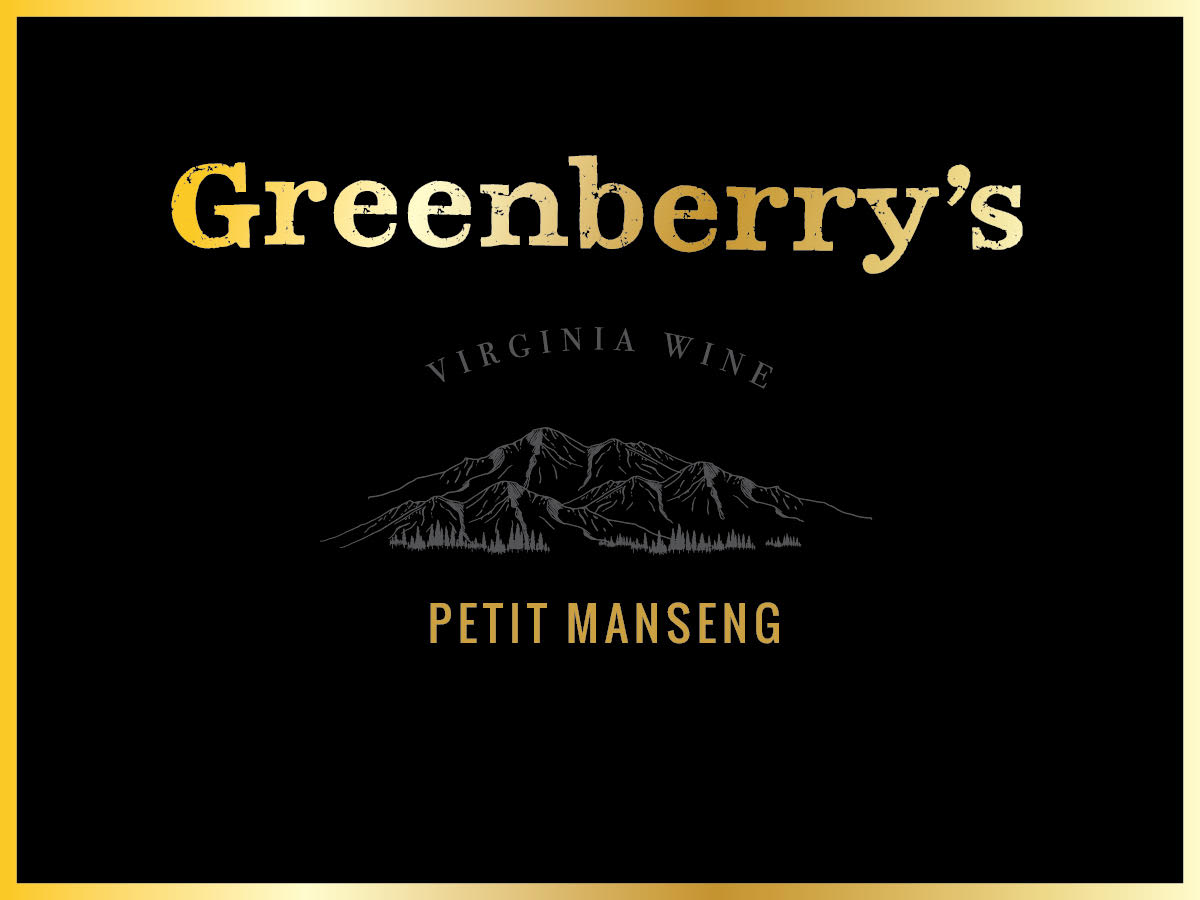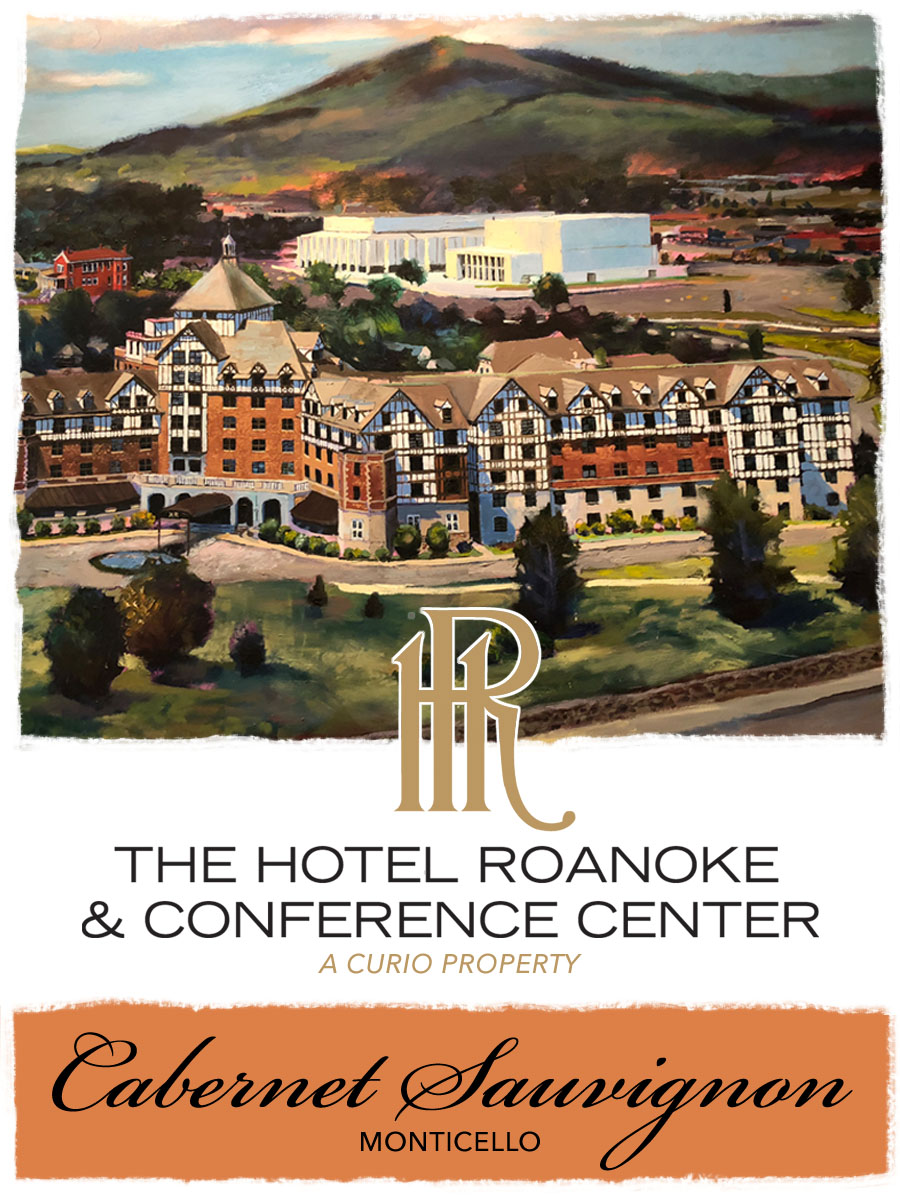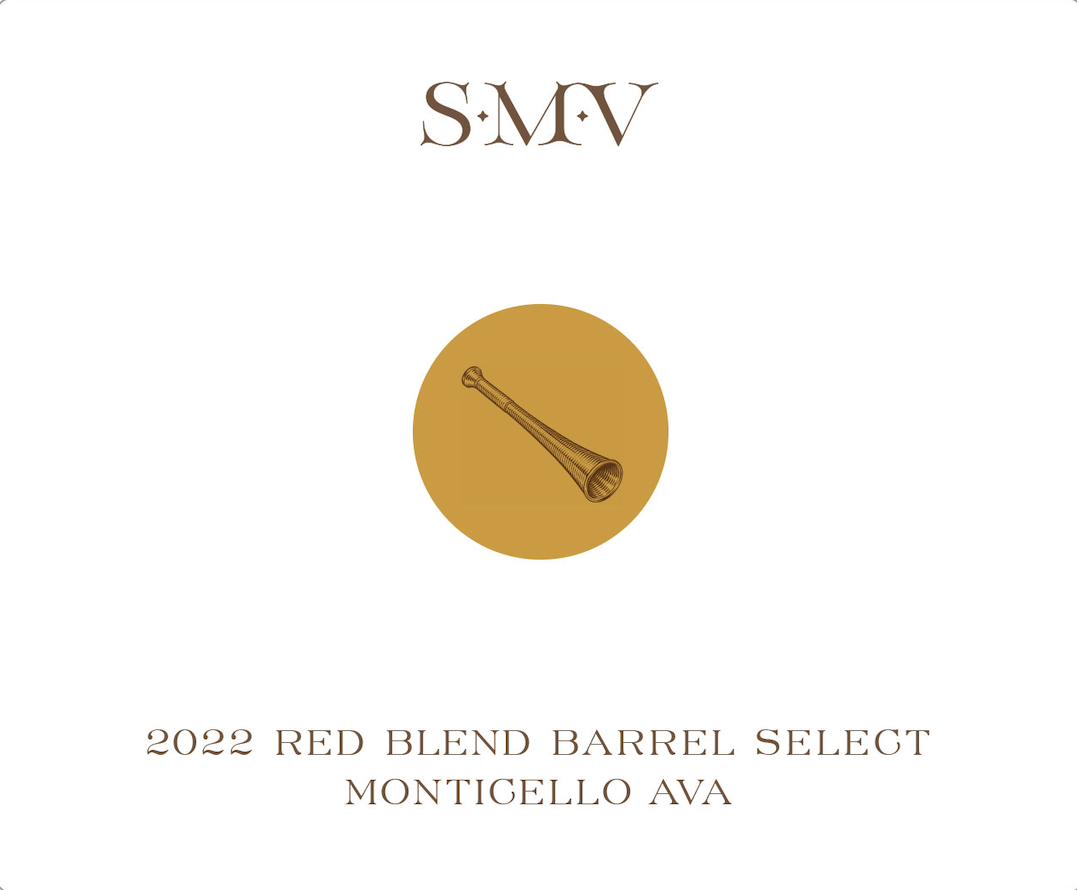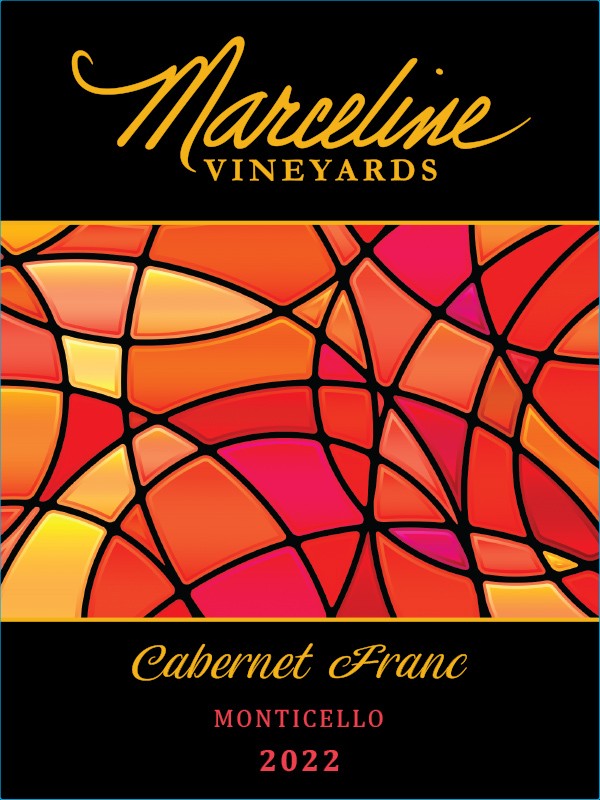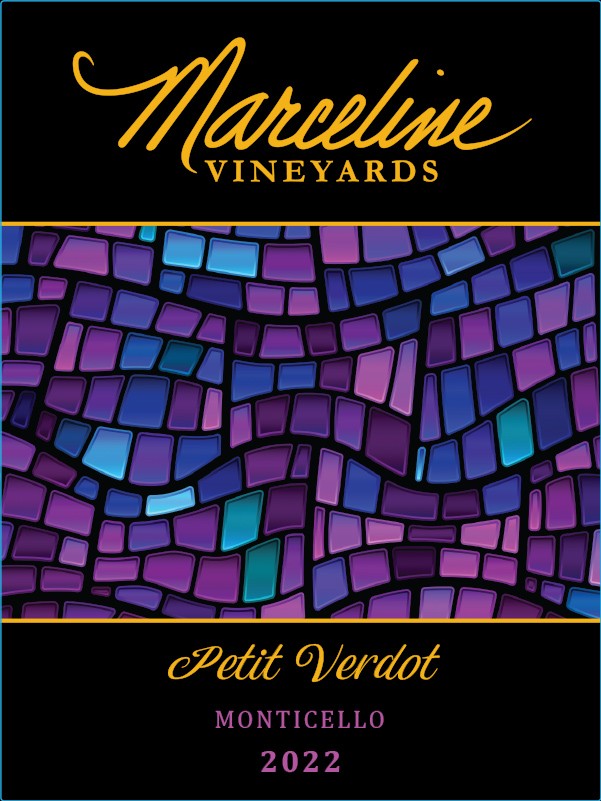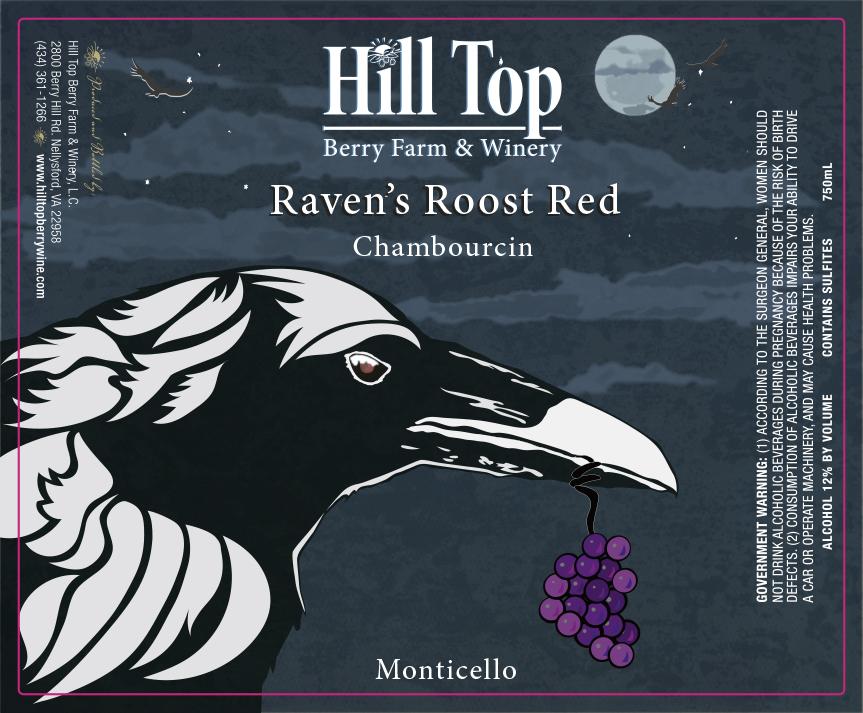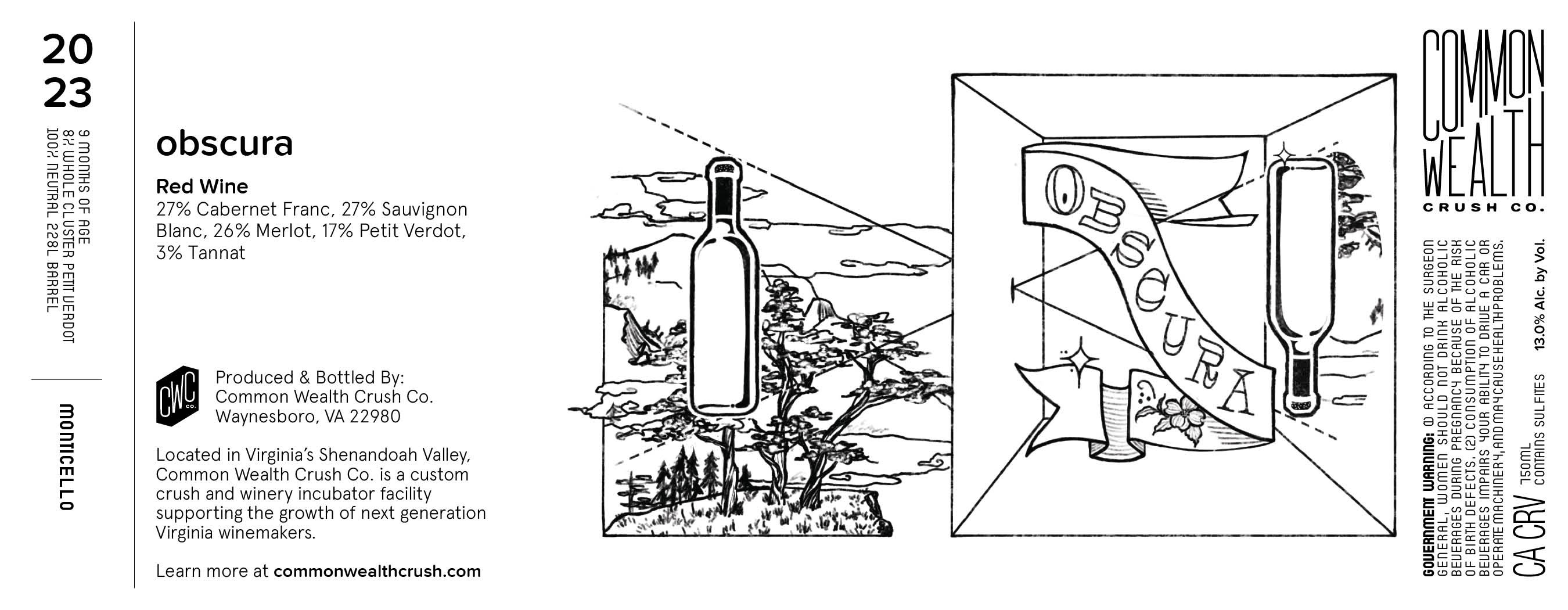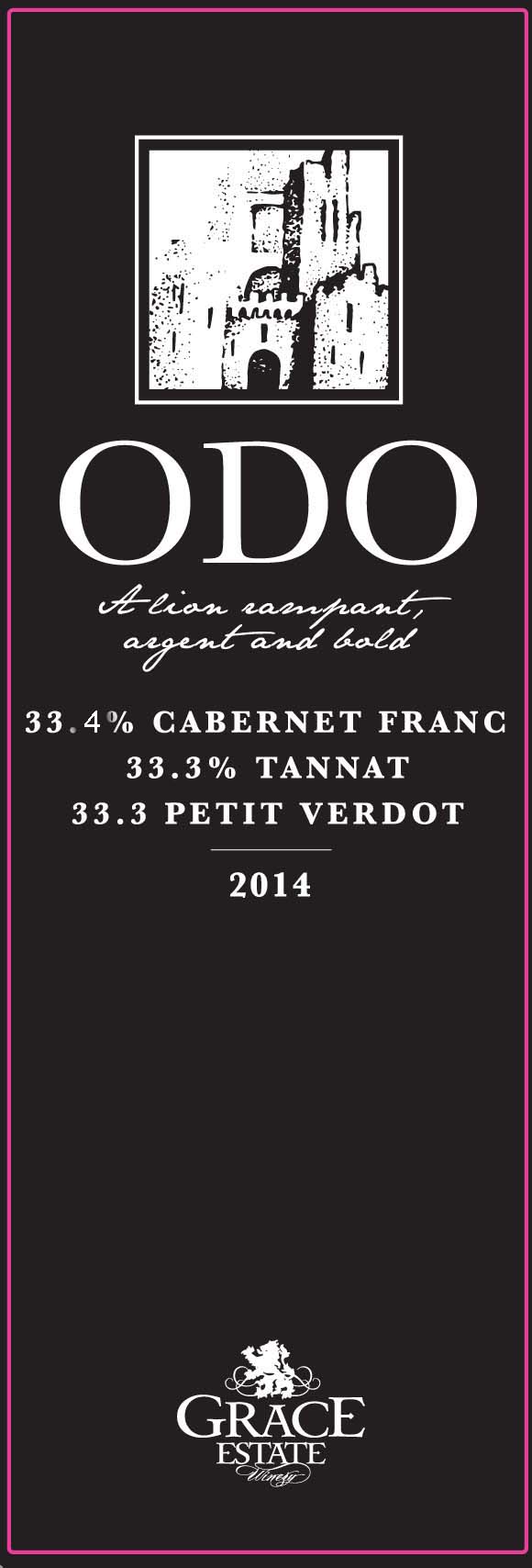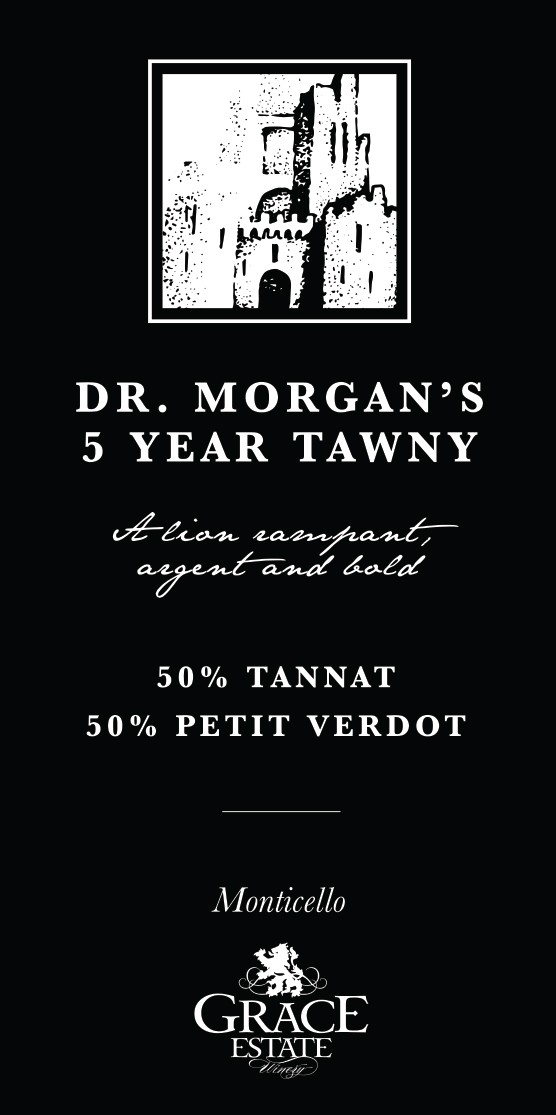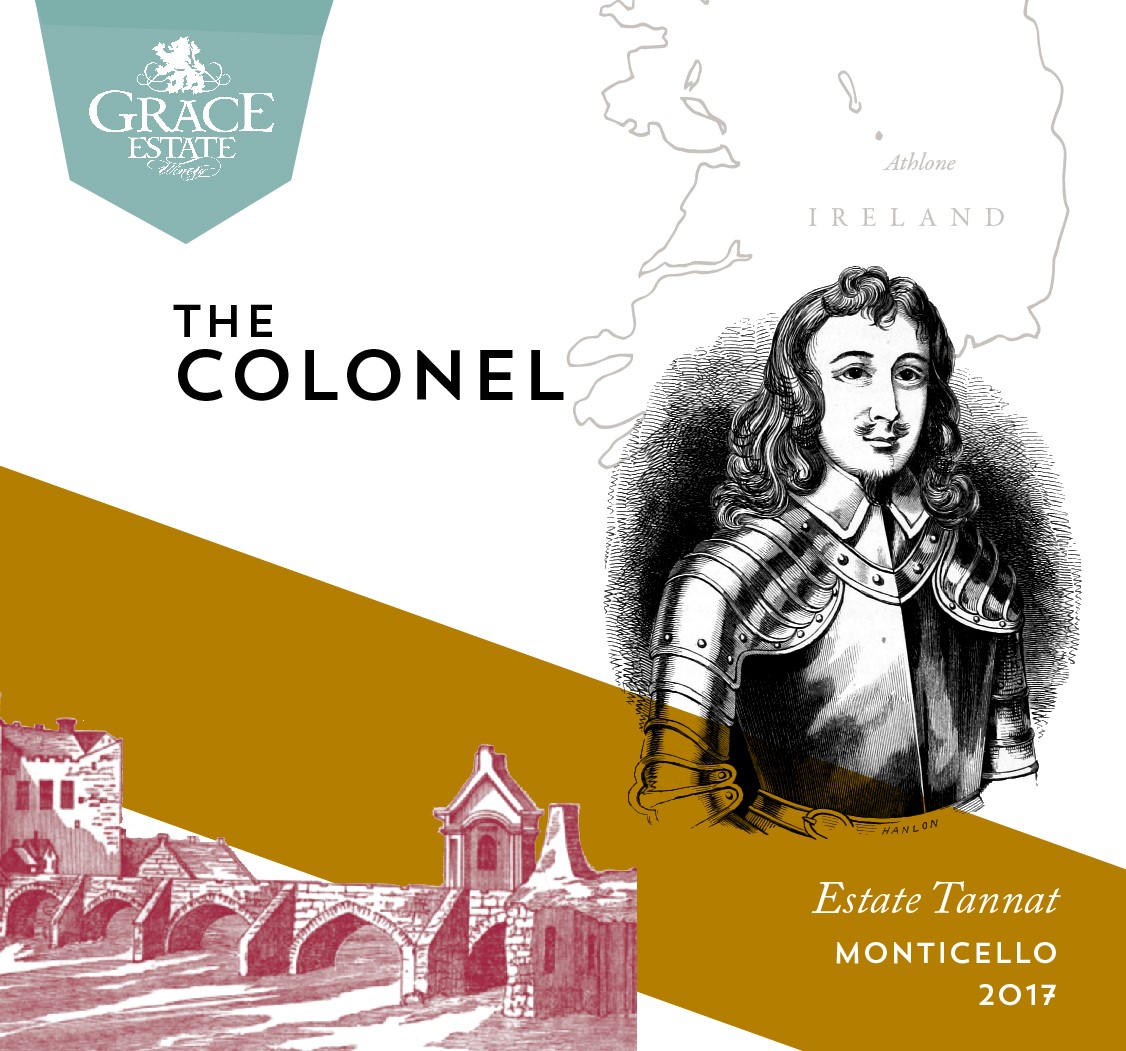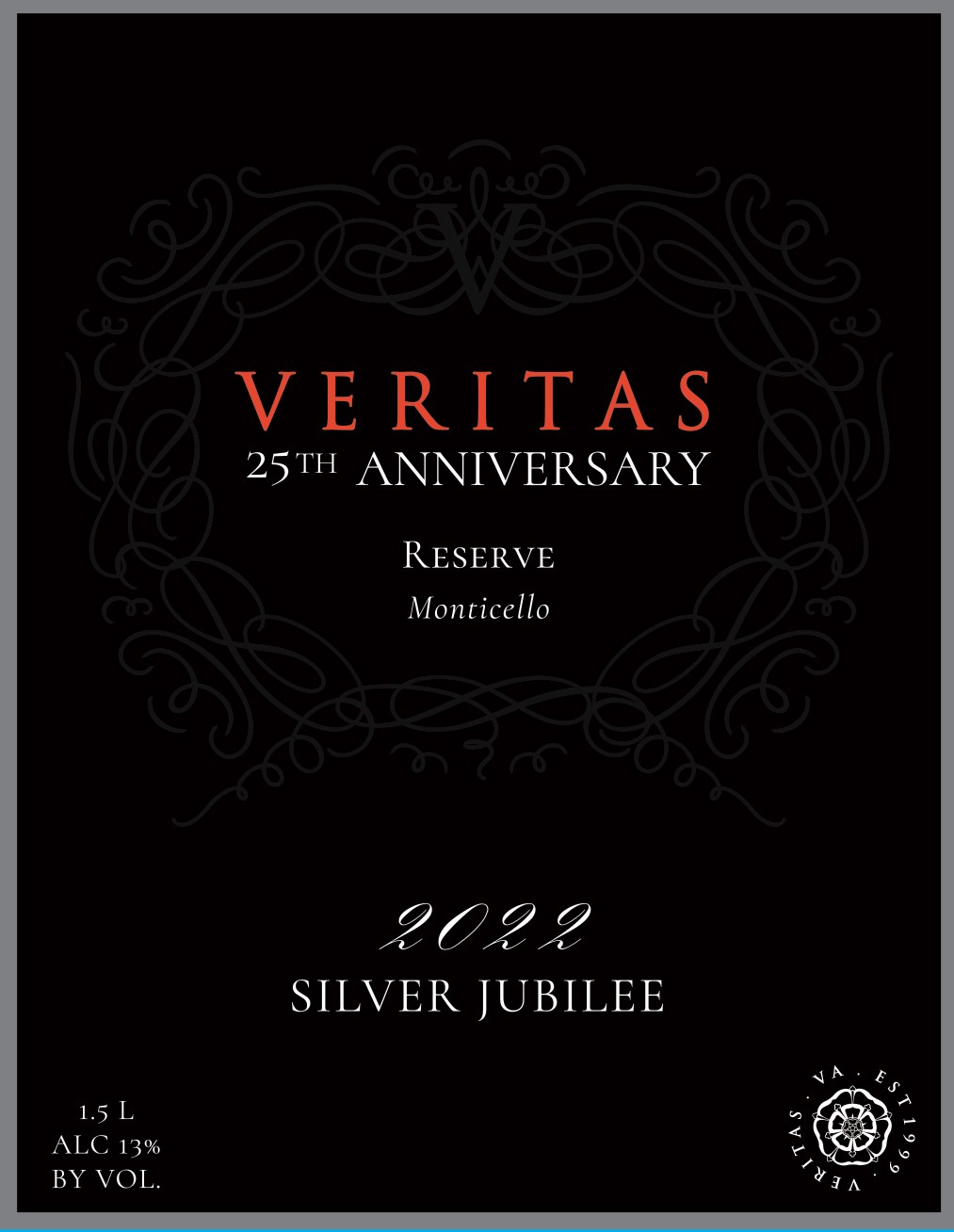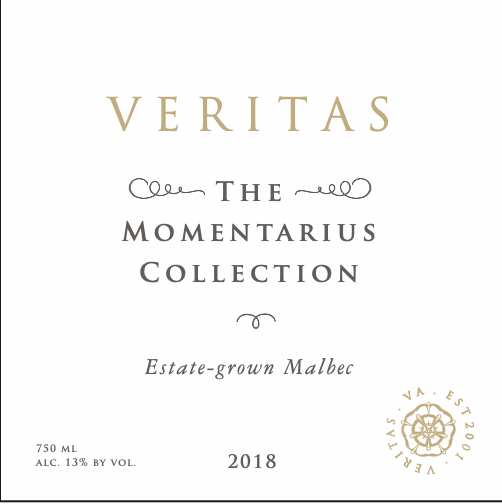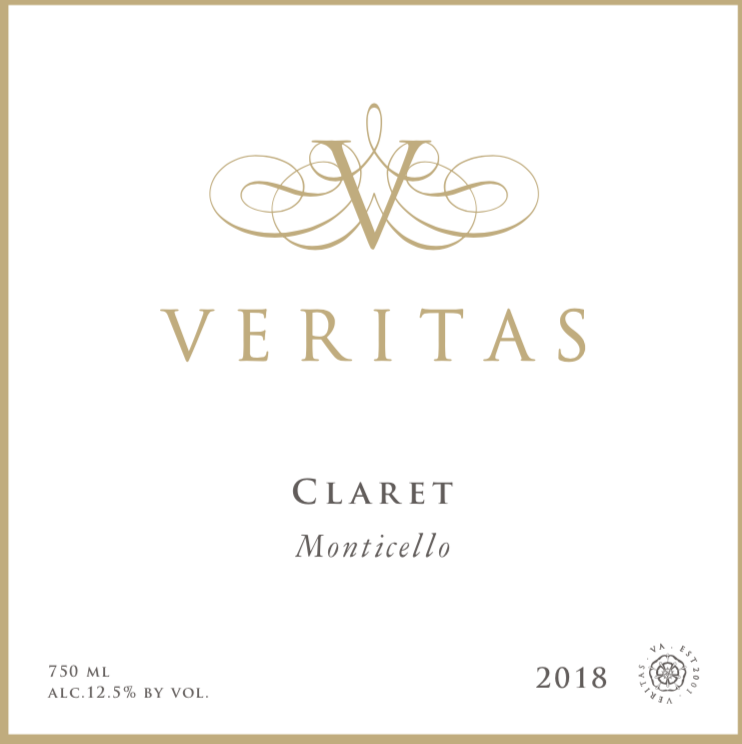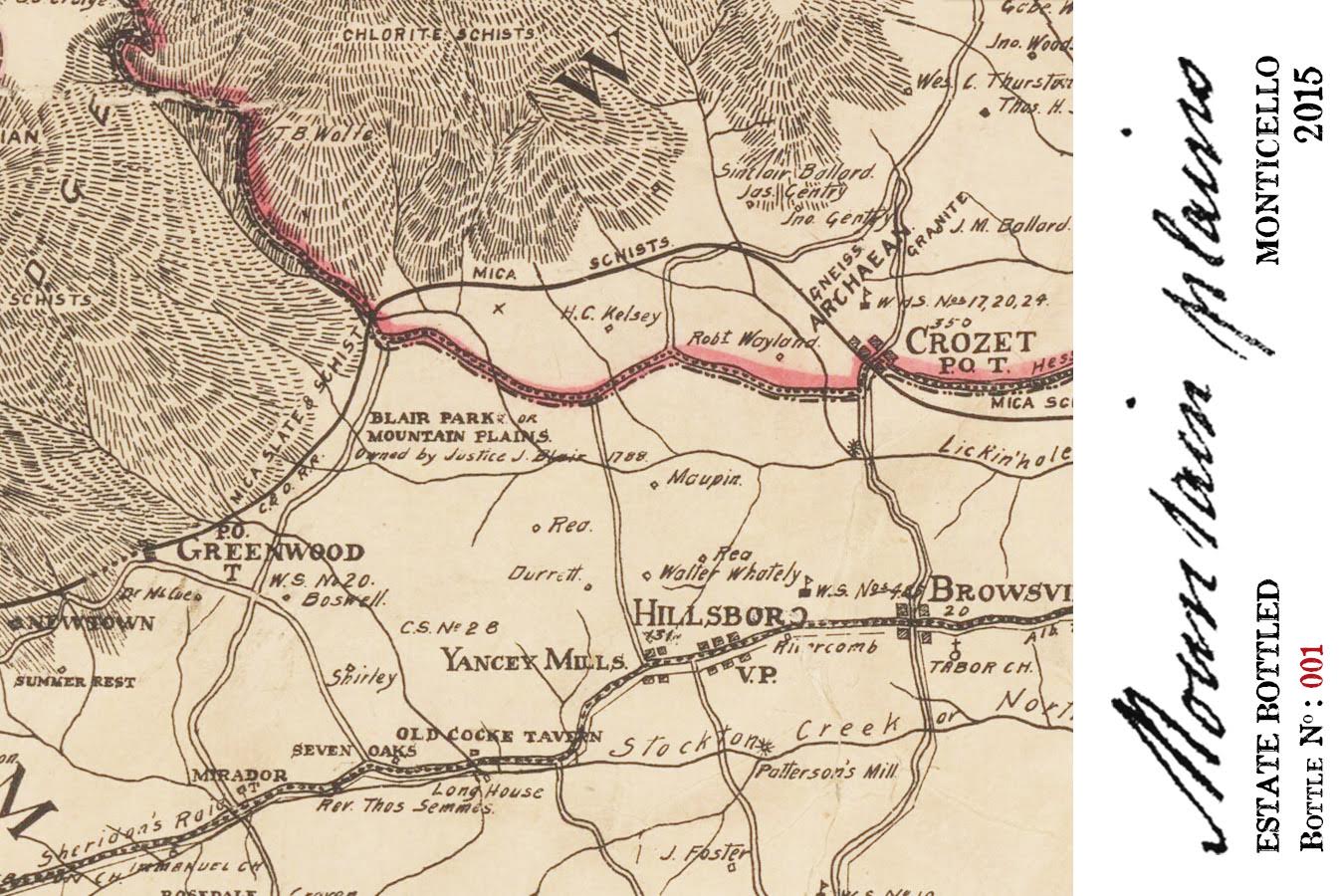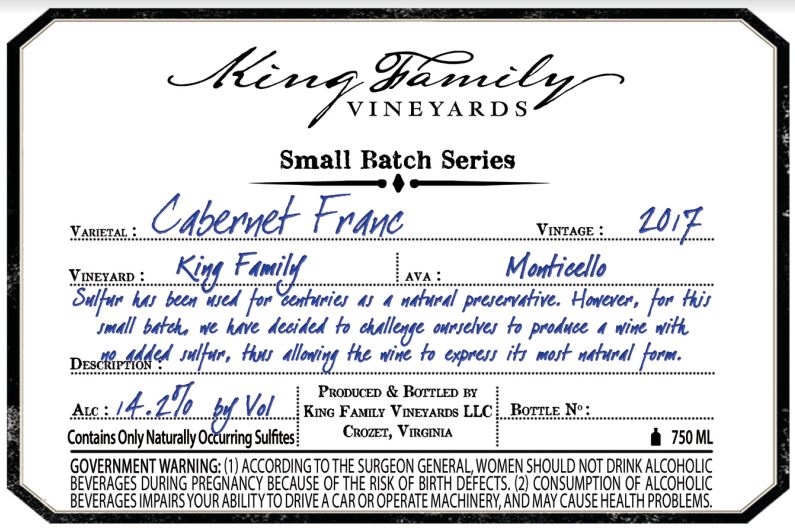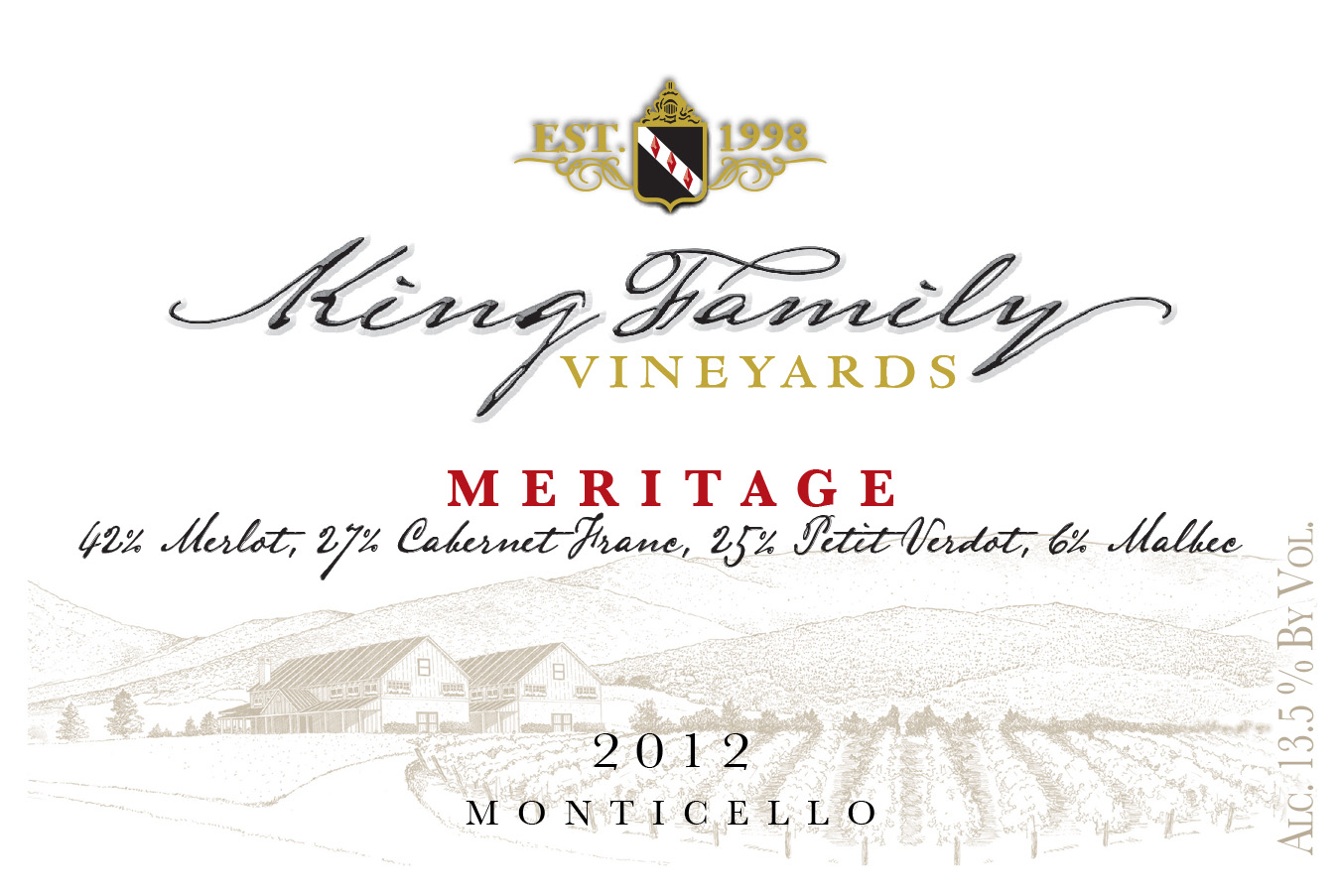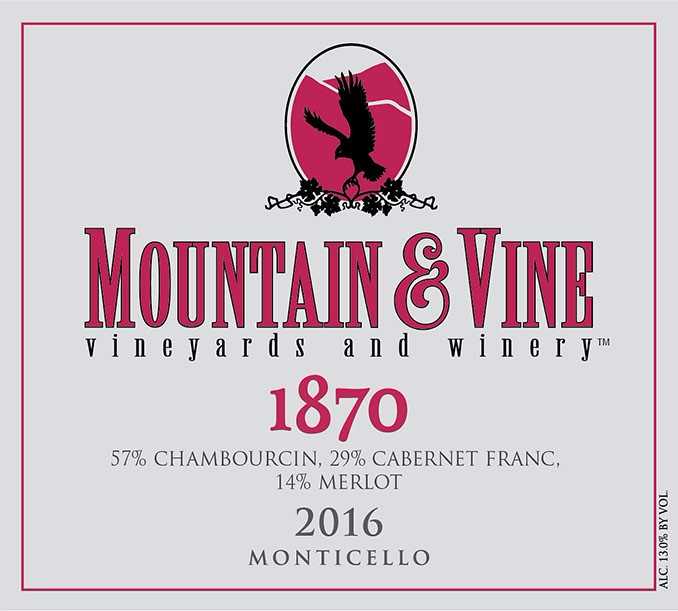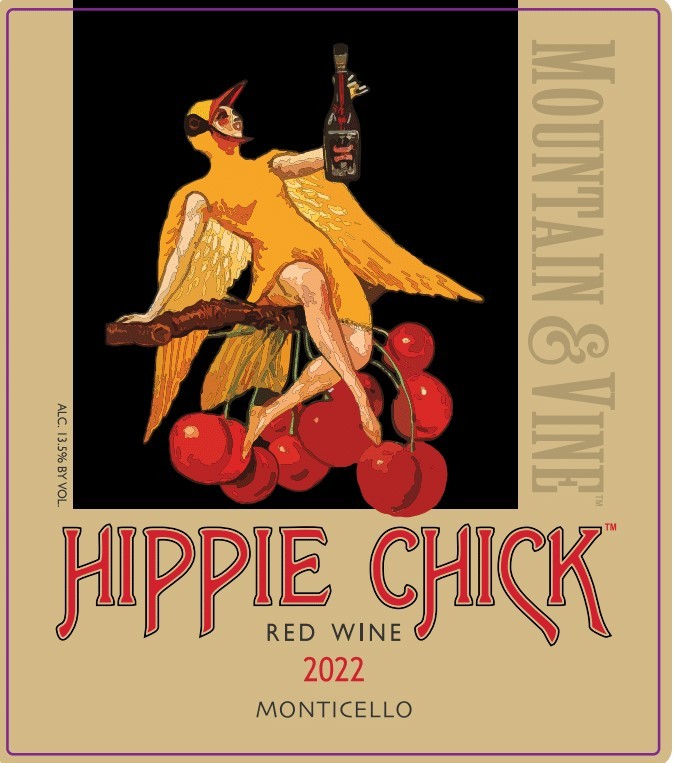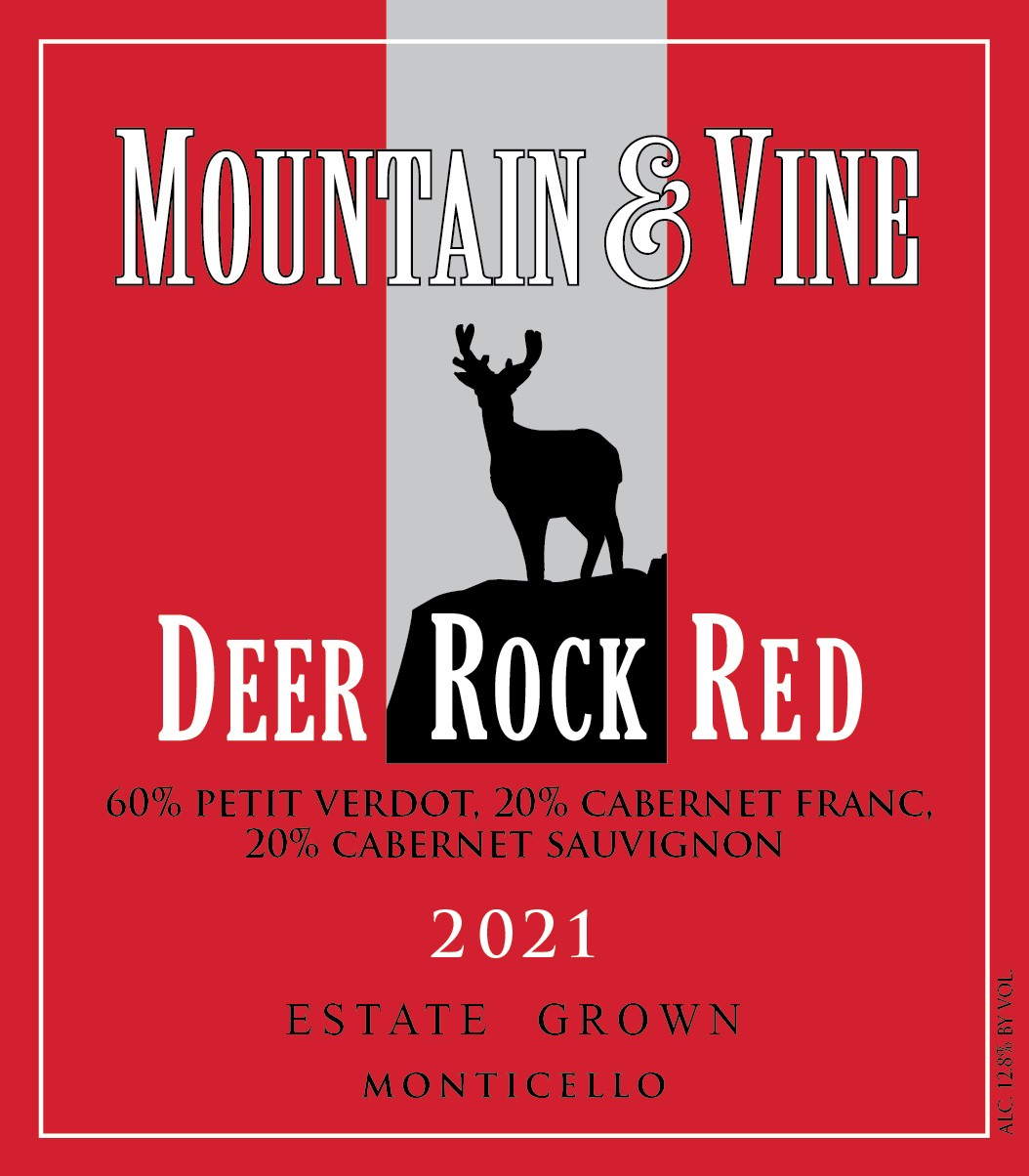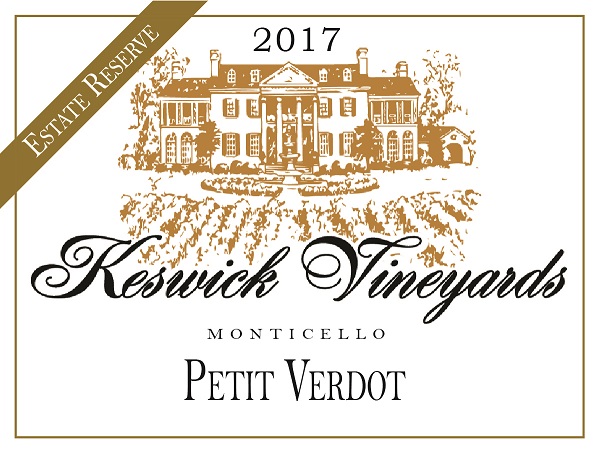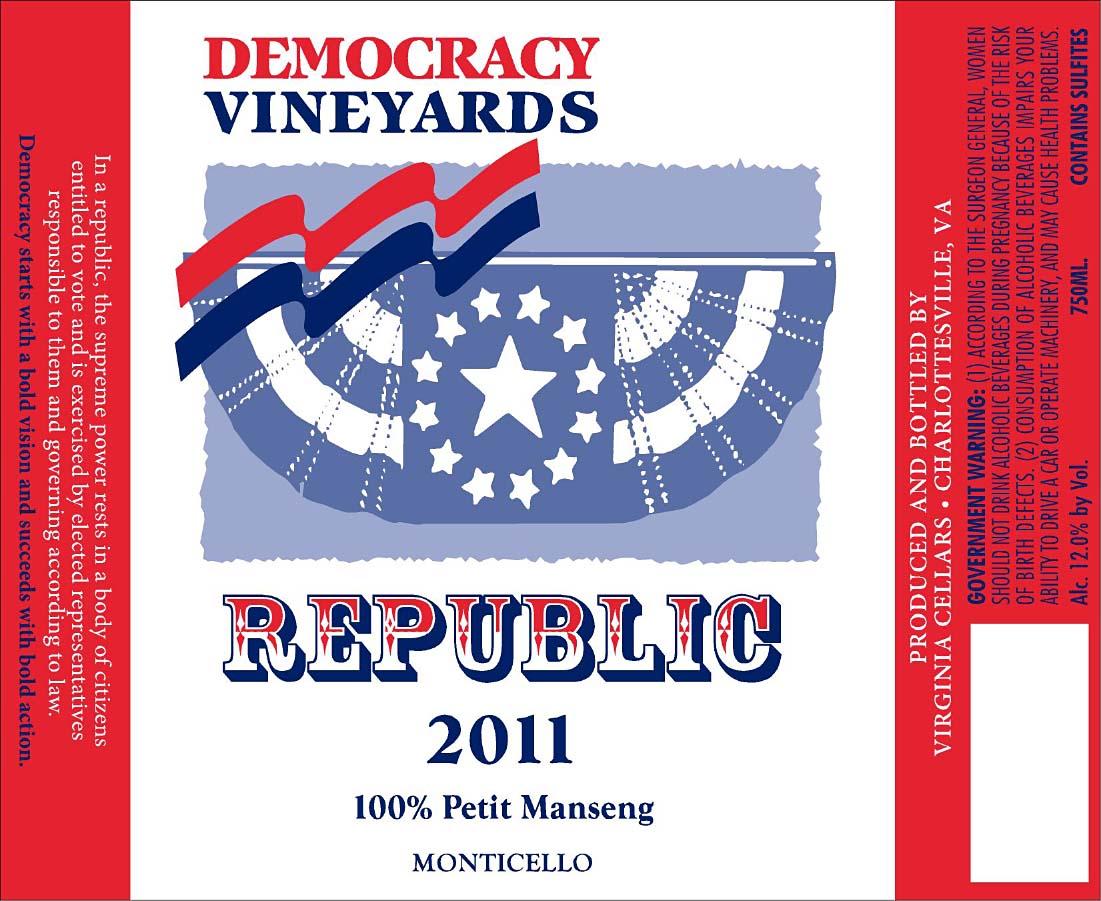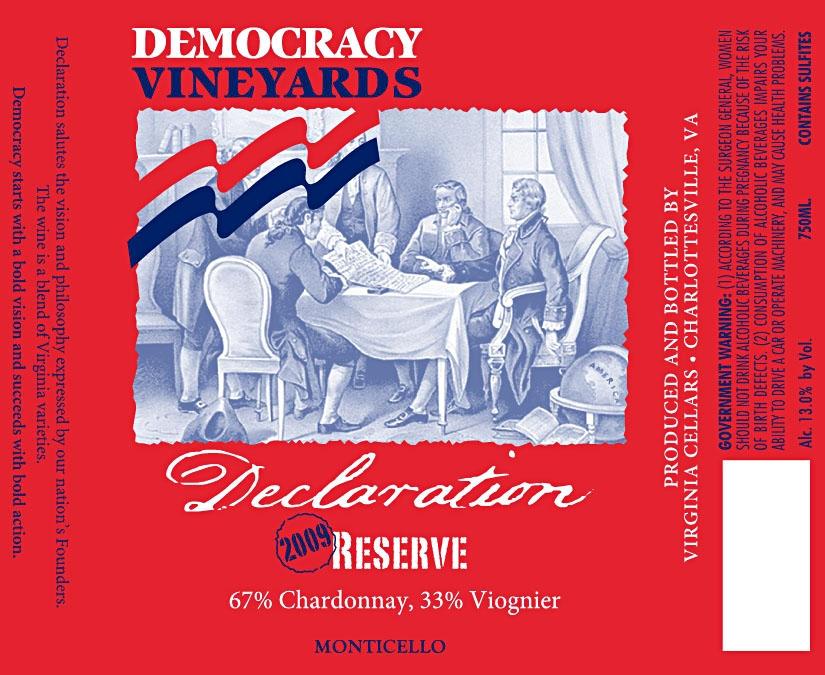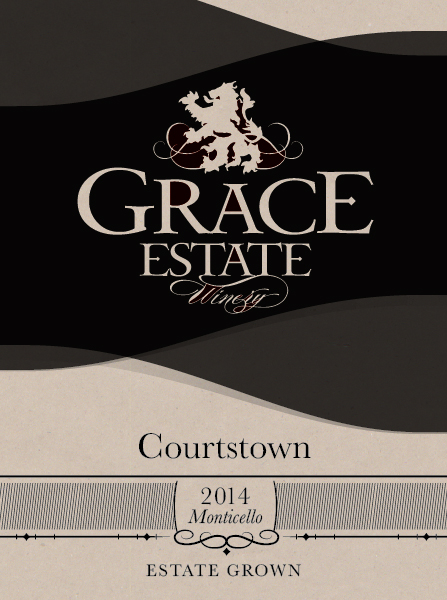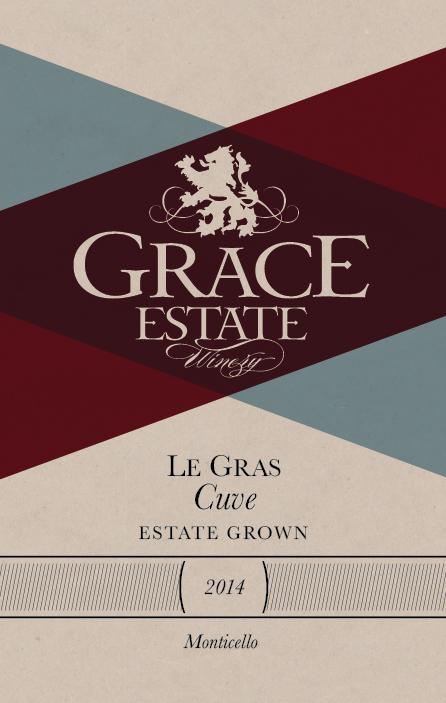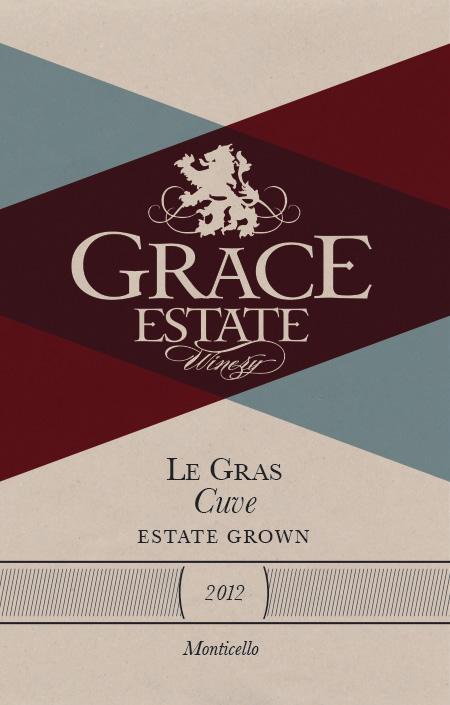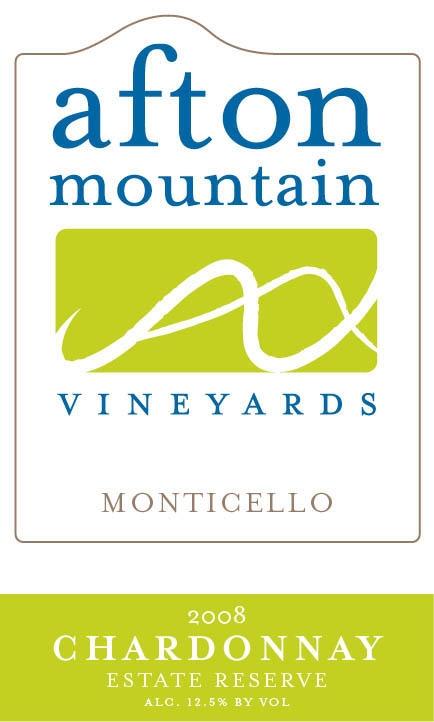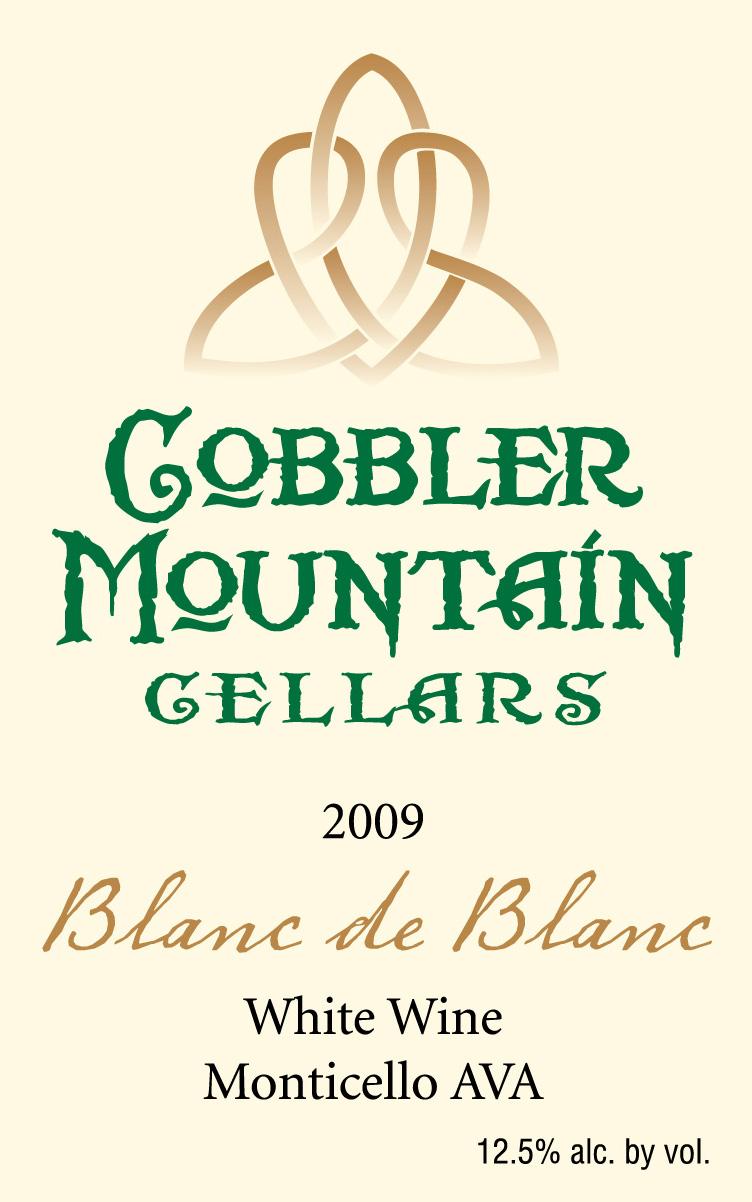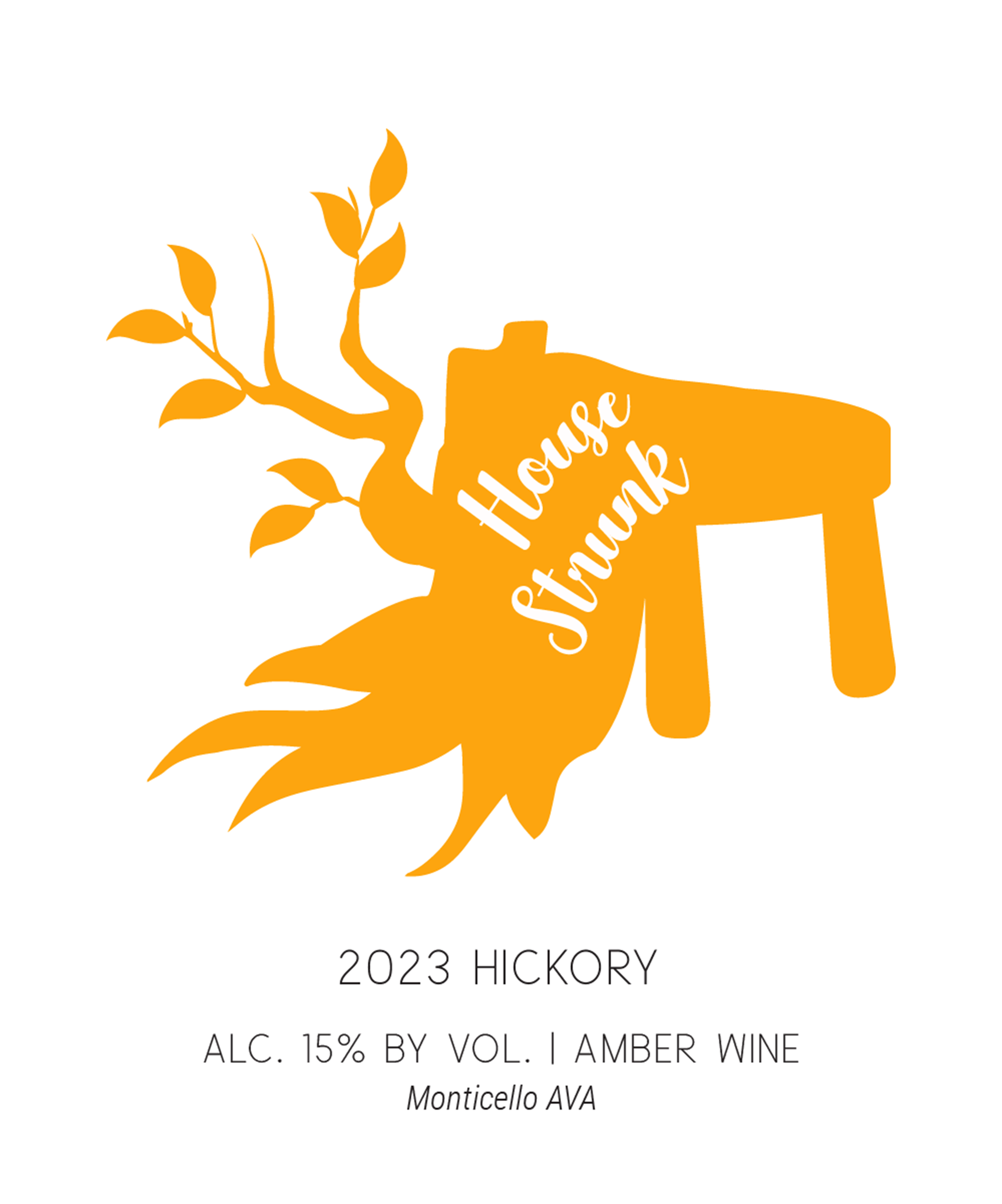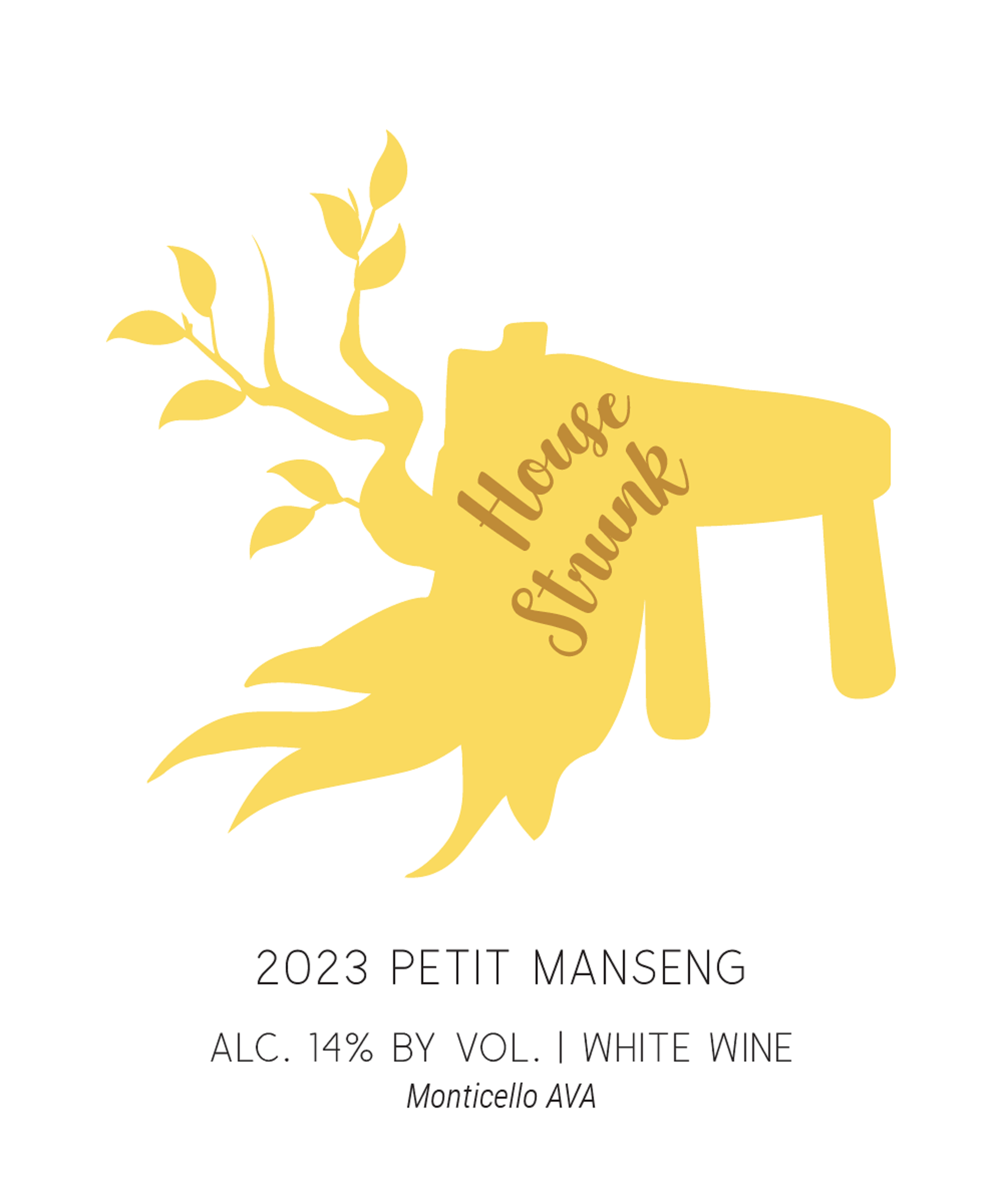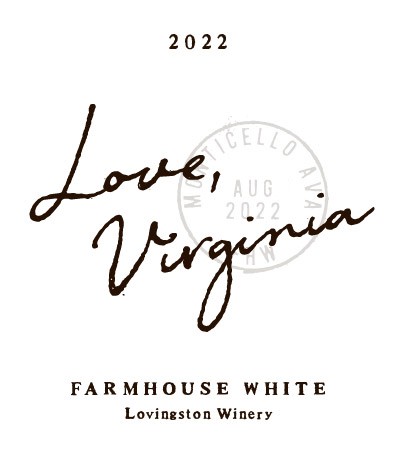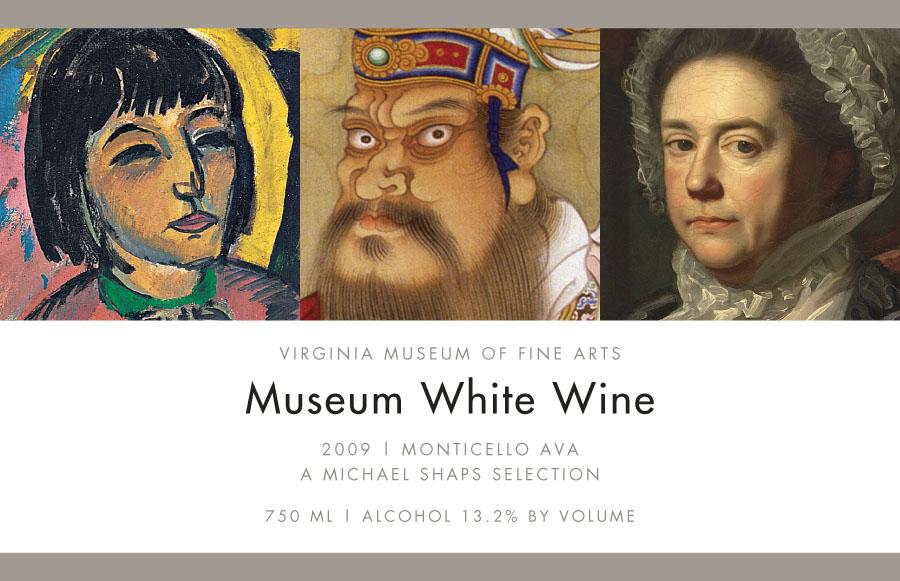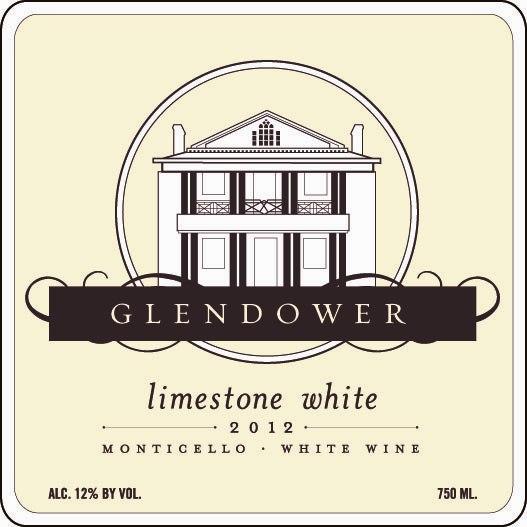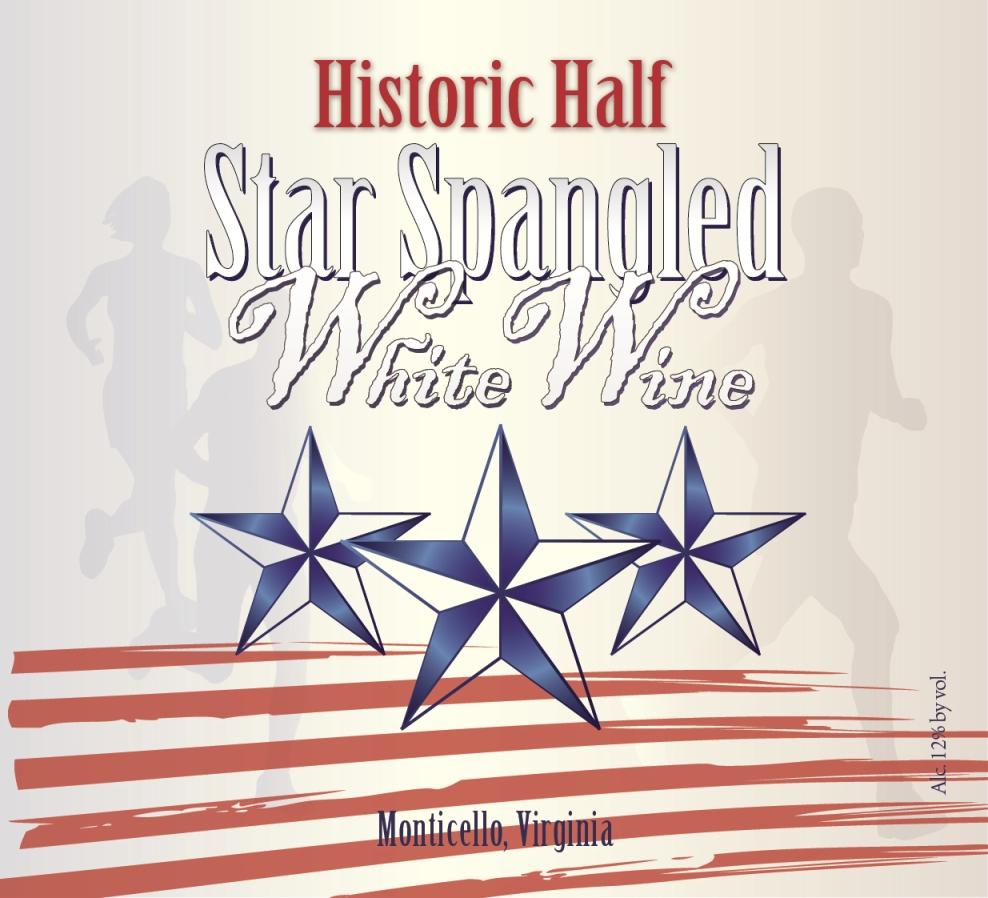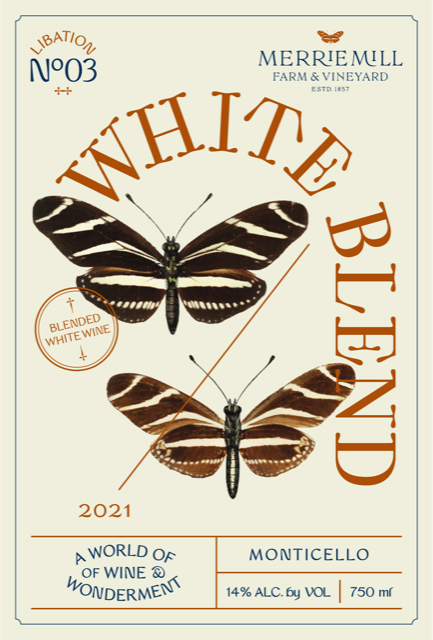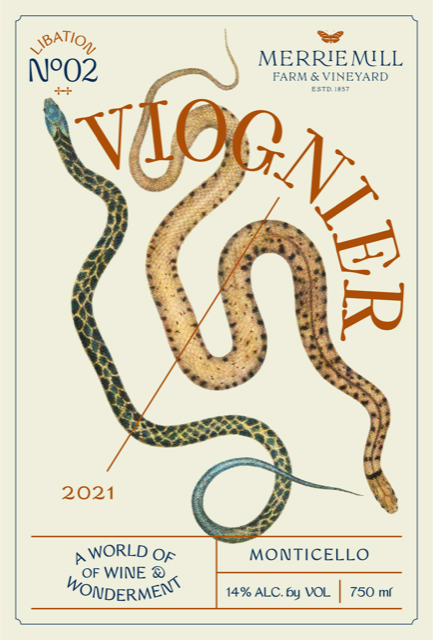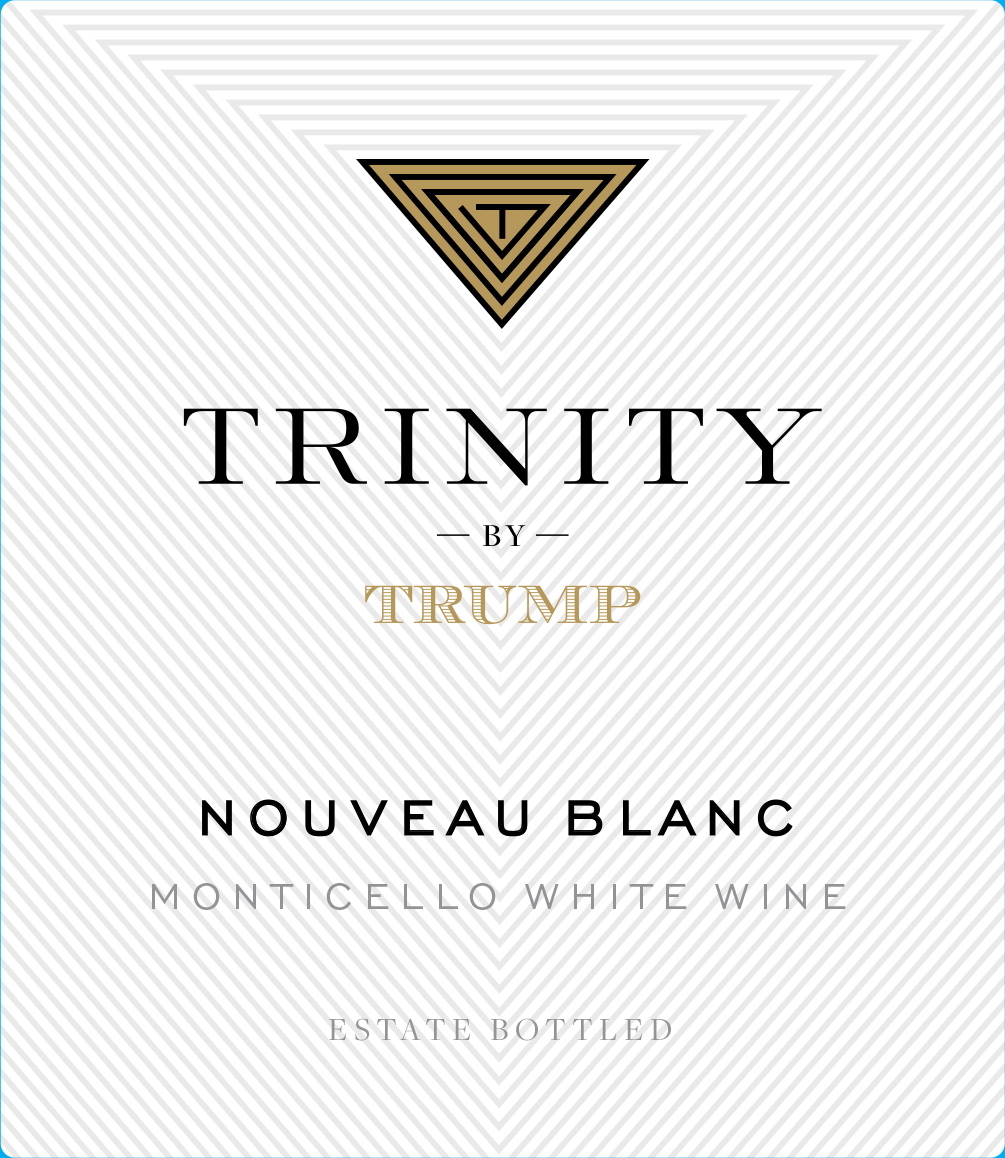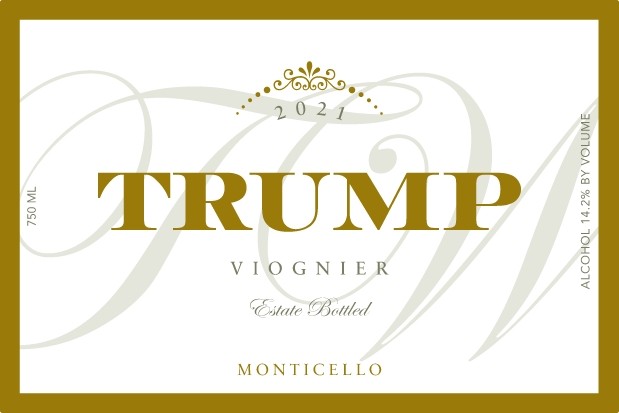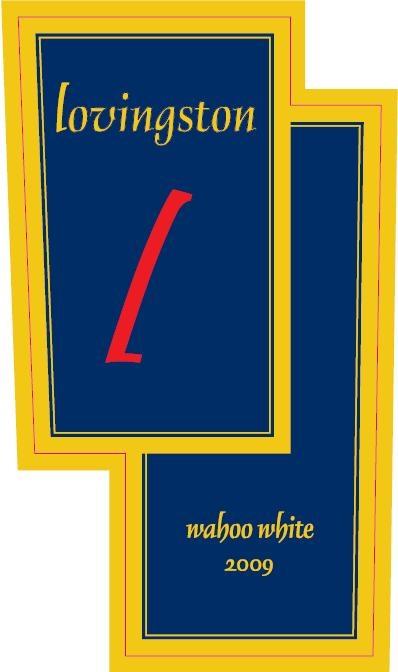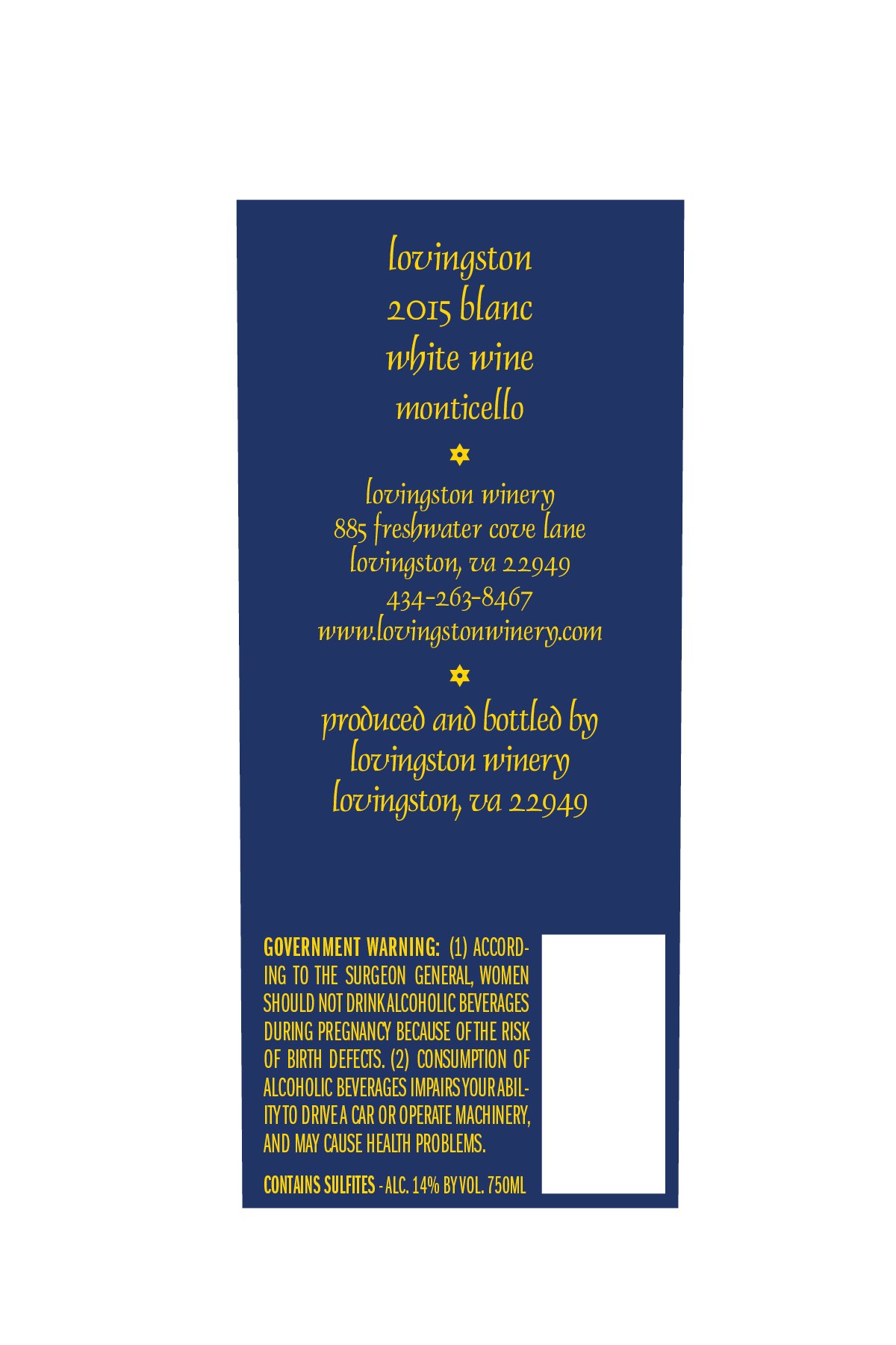Terroir of Monticello
Monticello's terroir is defined by its warm, humid climate, influencing the character of its wines. Nestled against the Blue Ridge Mountains, the area enjoys a long growing season with warm days and cool nights, vital for preserving acidity and enhancing flavor complexity in the grapes. These conditions are ideal for producing the region's hallmark wines, such as the lush Viognier and the structured Cabernet Franc.
The diverse soils, ranging from rocky loams in the foothills to moisture-retentive clay-loams in lower areas, allow vineyards to match grape varieties to optimal sites. This diversity supports the cultivation of both robust reds and elegant whites, with the mountain-adjacent soils imparting a notable mineral quality to the wines. Effective vineyard management, particularly in canopy control, is essential to counteract the challenges of rain and humidity, ensuring healthy vines and high-quality fruit.
Notable Wineries in Monticello
Monticello, with its rich winemaking history, boasts several notable wineries that reflect the region's unique terroir and dedication to quality. Here are a few standouts:
- King Family Vineyards: Located in Crozet, they are renowned for their Bordeaux-style red blends and skillfully crafted whites, capturing Monticello's essence since the late 1990s.
- Jefferson Vineyards: Situated near Jefferson’s historic estate in Charlottesville, this winery pays homage to early winemaking, known for Viognier and Cabernet Franc.
- Cardinal Point: A small, family-operated winery in the Afton/Crozet area, producing a variety of wines like Viognier and Chardonnay.
- Blenheim Vineyards: Near Charlottesville, they craft easy-to-enjoy, fruit-forward wines featuring Viognier and red blends.
- Pollak Vineyards: Located near Charlottesville, they are celebrated for aromatic whites and elegant Bordeaux-style reds.
Sustainable Winemaking in Monticello
In Monticello, sustainability is a cornerstone of the wine industry, driven by the region's humid climate. Vineyards commonly use integrated pest management, with practices like trellising and canopy thinning to reduce disease and chemical use. The adoption of cover crops and permanent groundcovers helps enrich soil and prevent erosion, showcasing a commitment to soil health.
Water management is critical, with innovations like recycling process water and establishing stream buffers. Energy efficiency is another focus, with solar power and efficient lighting becoming more prevalent. Many wineries are exploring organic and low-input methods, aligning with Virginia’s sustainable winegrowing programs. Efforts to reduce packaging weight and boost recycling illustrate Monticello's dedication to environmental responsibility, ensuring its wines reflect both quality and care for the land.
Wine Tourism in Monticello
The Monticello AVA, nestled in Virginia’s historic Piedmont region, offers a rich tapestry of wine tourism experiences. The Monticello Wine Trail connects diverse wineries, each showcasing the area's distinct terroir through a variety of tasting room experiences and scenic views.
- Thomas Jefferson’s Monticello: A UNESCO World Heritage site, linking wine history with cultural exploration.
- Seasonal Events: Enjoy harvest festivities and the Monticello Cup, celebrating local wines.
- Historic Estates: Visit nearby attractions like James Monroe’s Highland and James Madison’s Montpelier.
- Virginia Wine Month: In October, dive deeper into the region’s offerings with special events and tastings.
Whether exploring by car or on guided tours, visitors can engage with the region’s wine and history, all set against the backdrop of the Blue Ridge Mountains.
